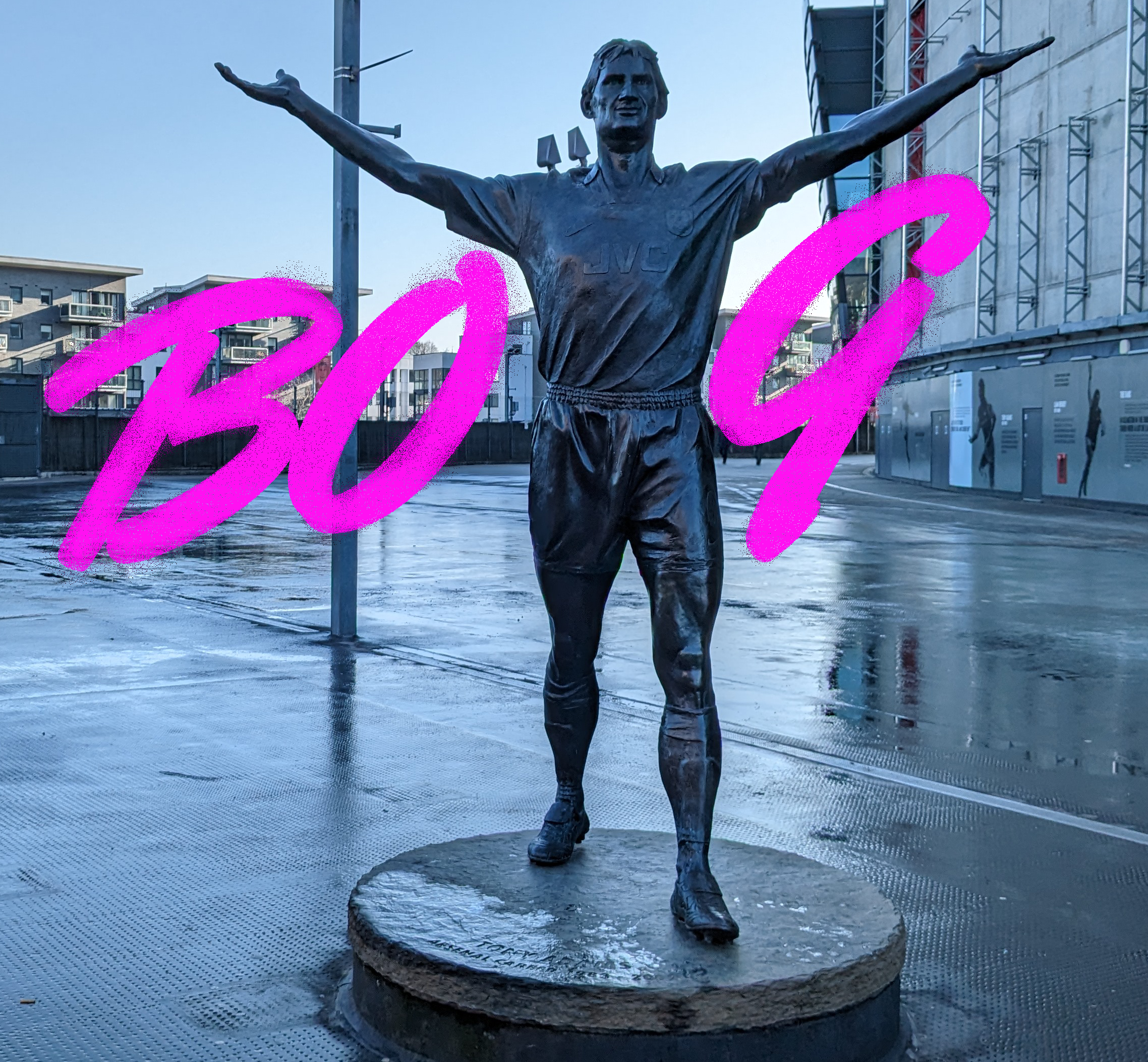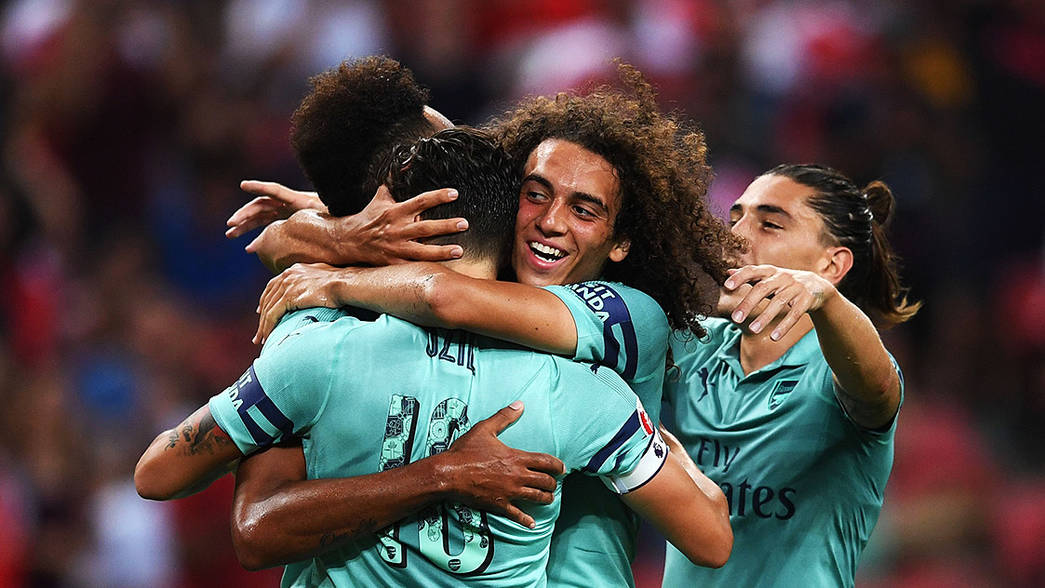Does Mesut Ozil have what it takes to captain the Arsenal side?
By the traditional definition of Premier League captains – the nutcases, hard men and bruising titans of the football pitch – almost certainly not.
But that well-worn archetype has undergone something of a transformation in recent years, making the conclusion less clear-cut.
In years gone by, only the big, nasty, battle-scarred beast was fit to wear the armband. Managers would almost always instil an uncompromising general as the man trusted to lead the team through thick and thin, to inspire and lead the troops, to smash into tackles, suffer no fools and demand the best of his charges.
But the way football has changed in the last two to three years has made that mould of player somewhat apocryphal. These days, there is less room for the battering rams and more demand for the total footballer, multi-skilled, technically gifted, and able to fill almost any role.
That blurring of the lines between positions, and the convergence of skills required of players, means that responsibility is more evenly shared. Teams don’t need to immediately feed the ball to the most skilled player now because everyone is capable in possession, attackers no longer have the luxury of trusting defending to the defence because everyone is expected to put in a shift – from centre forward to centre back.
And thus, in this new world of football hegemony, there is less emphasis on a singular rallying point in any team. No need for a Roy Keane, a Tony Adams, or Terry Butcher to turn the tide or take the game by the scruff of the neck because that duty becomes every player.
When questioned about the subject yesterday (July 28) Unai Emery said: “We are working together and giving the responsibility to the players. I think [Ozil] can take the responsibility, but let’s not forget Koscielny who is recovering with us.
“Then we’ve got Petr Cech, who captained us in a friendly match. Aaron Ramsey also captained us in a friendly and I am maybe thinking another one or two players can take responsibility for every player in the team.”
It doesn’t seem to matter, therefore, that Mesut is, by the old definition, a relative wallflower – a kitten when held up against the tigers of the past. What matters is that he is as seasoned as they come. He has won trophies aplenty, he has bags of experience in the Premier League, Champions League, La Liga, and on the world stage in the biggest international tournaments.
In this modern world, being a leader is more about being an excellent man manager as it is about old-fashioned nastiness, as much as many fans pine for the second coming of Tony.
Gareth Southgate has become the face of modern thinking. No, he isn’t a captain but he is held up as the manager and leader of the future, an inclusive, approachable and empathetic figurehead who is well spoken and quietly determined. Above all else, he seems to be a genuinely nice guy.
Captains will often be a reflection of their manager and, if the Southgate model is anything to go by, we will see much more of his ilk in the years ahead.
In answer to the question posed at the start of this piece, therefore; yes, Mesut is almost certainly qualified to lead the Gunners as captain.
If experience and empathy are the bywords for modern captaincy, Emery need not look too far beyond the German, even if he may not be the figurehead many think the club needs.

